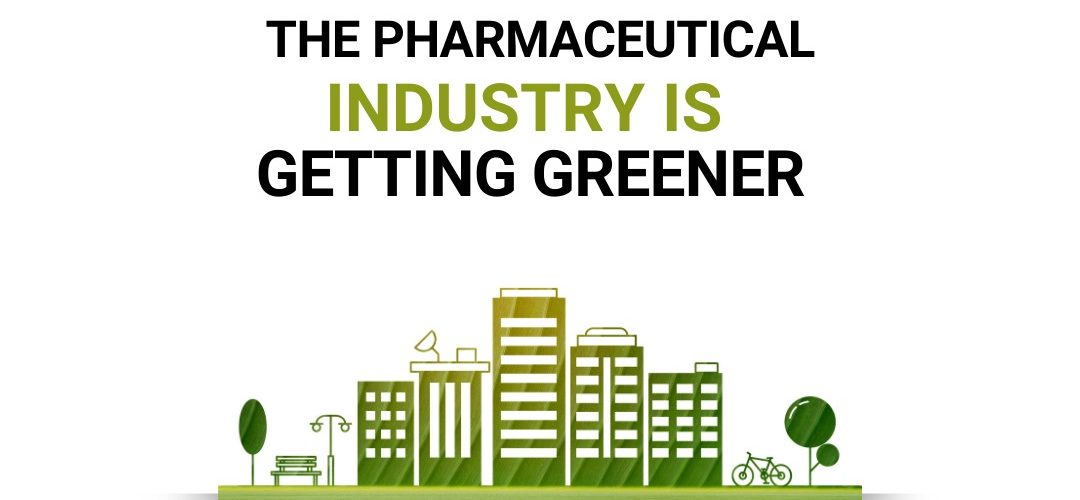The pharmaceutical industry is one of the most important industries in the world. It is responsible for developing and manufacturing the drugs that we rely on to stay healthy. However, the pharmaceutical industry also has a significant environmental impact. The production of pharmaceuticals requires a lot of energy and water, and it generates a lot of waste.
In recent years, there has been a growing awareness of the need for the pharmaceutical industry to adopt more sustainable practices. This is due to a number of factors, including the increasing cost of energy and water, the growing public demand for sustainable products, and the increasing regulatory pressure on the industry.
The pharmaceutical industry is responding to this challenge by increasingly adopting sustainable practices. Some of the ways that the pharmaceutical industry is becoming more sustainable include:
- Using renewable energy sources: Many pharmaceutical companies are now using renewable energy sources, such as solar and wind power, to power their manufacturing facilities. This helps to reduce their reliance on fossil fuels and their carbon emissions.
- Conserving water: The pharmaceutical industry is also working to conserve water in their manufacturing processes. This includes using water-efficient equipment, recycling water, and reusing water.
- Reducing waste: The pharmaceutical industry is also working to reduce the amount of waste that they generate. This includes optimizing their production processes to reduce waste, using more sustainable packaging materials, and recycling waste.
The adoption of sustainable practices by the pharmaceutical industry is a positive development that will benefit the environment, the industry, and consumers. It is important for the industry to continue to adopt these practices in order to reduce their environmental impact and to improve their reputation.
Here are some of the benefits of the pharmaceutical industry adopting more sustainable practices:
- Reduced costs: By using renewable energy sources and reducing their water usage, the pharmaceutical industry can save money on their energy and water bills.
- Improved reputation: By adopting more sustainable practices, the pharmaceutical industry can improve their reputation with consumers and with regulators.
- Increased innovation: The need to become more sustainable can drive innovation in the pharmaceutical industry, leading to new and more efficient ways of manufacturing drugs.
The pharmaceutical industry is on the right track by adopting more sustainable practices. This is a positive development that will benefit the environment, the industry, and consumers. I hope that the industry will continue to adopt these practices in the future.
ProIndia is a consulting firm that helps businesses and organizations achieve their sustainability goals. They offer a variety of services, including:
- EPR audit and compliance: ProIndia can help businesses to comply with the Extended Producer Responsibility (EPR) regulations in India by quick and smooth transfer of credits.
- ESG consulting: ProIndia can help businesses to develop and implement ESG (Environmental, Social, and Governance) strategies.
- Social impact: ProIndia works with businesses and organizations to create social impact through their sustainability initiatives.
Yaseen Muneer,
Pro India



